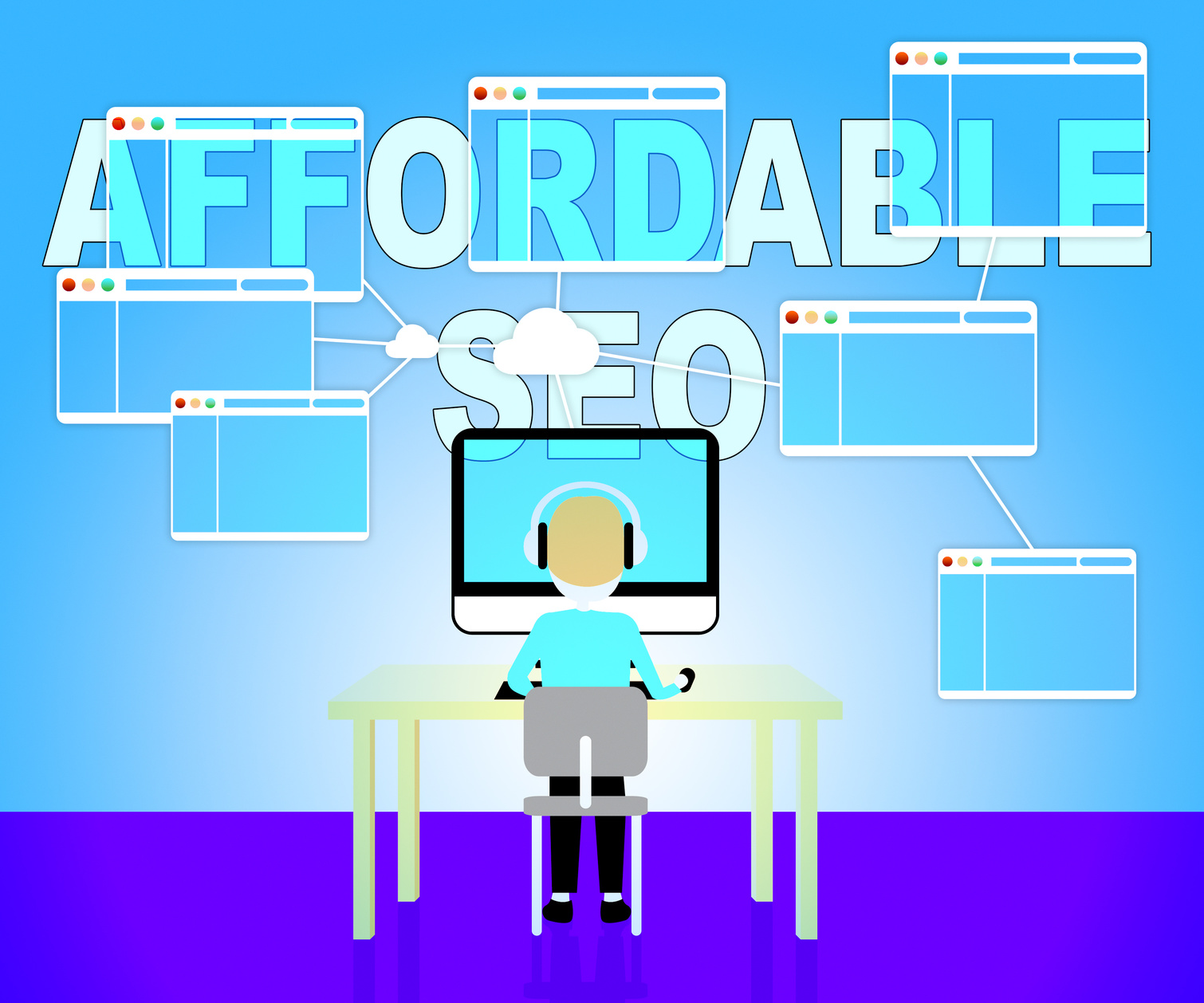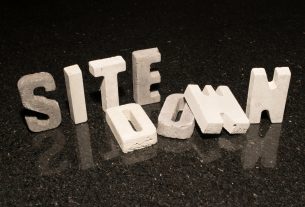
Think a slow website isn’t hurting your business? Think again
Life happens in an instant. At least, that’s what most of us expect out of life, especially as we surf the web and look for information.
Over half of mobile users will leave your site if it takes more than three seconds to load. It’s even less for desktop users. The bottom line is that a slow website is hurting your bottom line.
If your website is hurting your business, how can you speed things up? Read on to find out.
How to Tell if Your Site is Slow
Before you start to fix your website, you need to know if your website is slow. There are several tools that can do that for you and tell you what some of the issues are.
Some free tools that are available are Google’s Page Speed Test, Mobile Website Test, Pingdom, and GTMetrix.
You may get slight variances in results, but you’ll know what issues are causing your site to slow down.
9 Common Reason for a Slow Website
The results will be in technical jargon, which is why you need to understand the most common reasons why websites are slow.
You can then address each issue one-by-one. This will take care of most issues.
1. Compress Images
Images are most often the culprit when diagnosing slow websites. What happens is that image files tend to be the largest files for a user to download. When they’re not compressed, you could be adding several megabytes of data to your website.
To speed up your site, use an image tool like Photoscape X to compress your images before you upload them to your site. WordPress users can install a plugin like WP Smush or EWWW Image Optimizer.
2. Check for Redirects
Sometimes, we have to make a change in our business name. We want to have a website that shows the new business name and redirect the old name to the new name.
This can slow down your website. Ideally, you want to avoid redirects as much as you possibly can.
3. Check for Updates
Another thing that can cause a slow website and potential security issues is having outdated software. For example, CDNs like WordPress and Drupal offer updates fairly frequently. These updates will improve efficiencies in the software and update known security issues.
It’s the same thing for plugins, you want to be sure you have the latest version installed to avoid an older version of the software causing issues in speed and security.
4. Too Many Plugins
One of the many reasons why people use WordPress for their website is because you can do just about anything to build a site without knowing how to code.
That’s due to the 55,000 plugins available to WordPress users.
While plugins offer a ton of flexibility, there could be too much of a good thing. Each plugin uses resources and takes time to load individually. That can slow your website down dramatically.
5. Webhost Performance and Location
One of the common errors you’ll see in speed tests is Reduce Server Response Time. There are a number of factors that can trigger this warning.
Your website’s host can be the culprit. You can be signed up with a service that’s slow or doesn’t properly utilize resources. If they’re a long distance away from your location, it will slow down our site’s loading time.
6. Too Many Ads
For many site owners, they reach the pinnacle of popularity when they can sign up to host ads through MediaVine or another ads publisher. This usually takes around 25,000 site visits each month.
Once they are eligible to get into an ad program, they often face site slowdowns because the ads take time to load. You could be compromising the user experience for ad revenue.
7. Too Much Code?
Out of the many reasons to use a CMS like Drupal or WordPress is because of the number of themes that are available for each platform.
While it’s great to have a website prebuilt for you that you just have to customize, you could install a poorly coded theme. That can cause your site to slow down.
Before you install a theme, check for online reviews to see if others have experienced issues or site slowdowns after installation.
8. You’re Getting a Ton of Traffic
Similar to installing too many plugins, there can be such a thing as a good thing. While a ton of traffic is the ultimate goal for many website owners, if you get too much traffic and you’re not ready for it, your site can slow down.
If your site is hosted on a shared server, you’re not equipped to handle a lot of traffic. You could also be sharing your website with a site that is seeing a ton of traffic, which could also hog resources.
In the end, you’ll want to figure that a shared hosting plan is fine until you start seeing over 10,000 site visitors each month. Then you’ll want to upgrade your hosting plan.
9. Not Using Caching or Compression
The final reason why your site may be slow is due to not using a caching and compression on your site. Compression is a way to make your site smaller, usually in the form of GZIP compression. Caching is a way to take your site and store a copy that’s easy to load. This is perfect if you don’t update your site’s pages often.
The easiest way to implement caching and compression on your site is by using a plugin. W3 Total Cache or Autoptimize can work wonders to speed up a slow website.
Speed Matters More Than Ever
For most people surfing the web, they’re not willing to wait more than three seconds for your site to load. That’s why you need to be sure that your slow website becomes fast and efficient.
With these tips, you can start the process to speed up your website and create a better user experience for your site’s visitors. That will turn into people who stick around to learn about your business and convert into customers.
For more website tips, check out this article on creating a sleek web design for your target audience.




